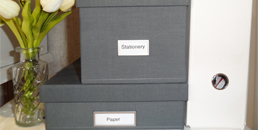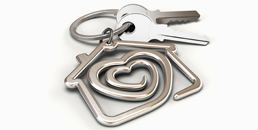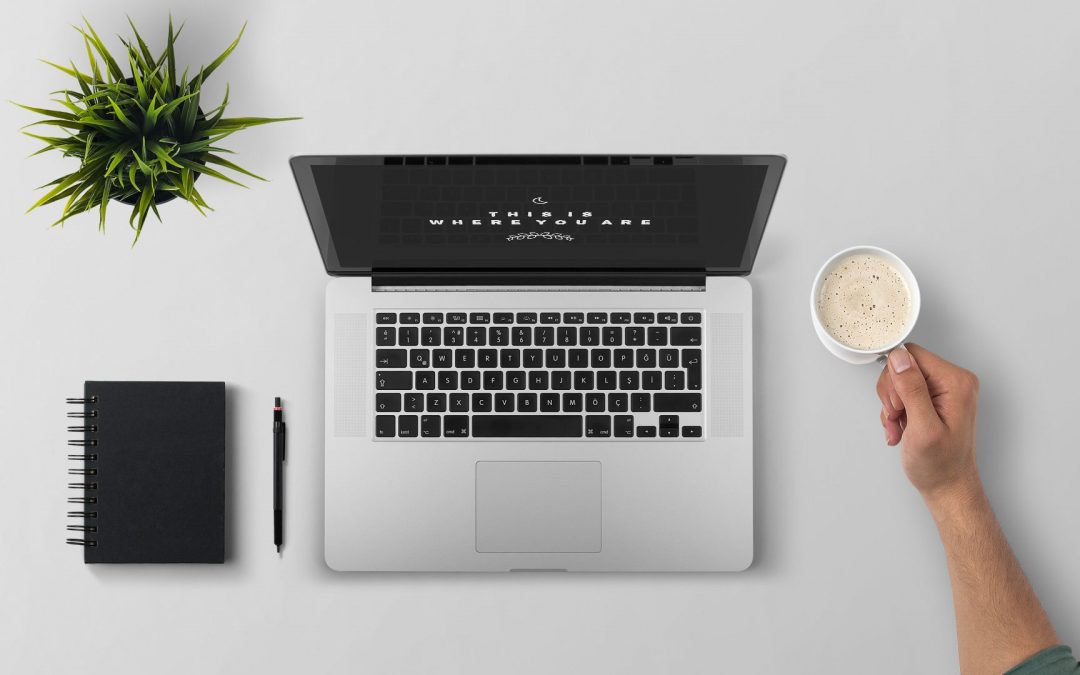
by Natalie Morey | Jun 16, 2016 | Declutter tips, Home Office, Home Organisation, Office Organising, Personal concierge, Tips
The end of financial year is the perfect time to get motivated and get your office paperwork organised in 4 steps.
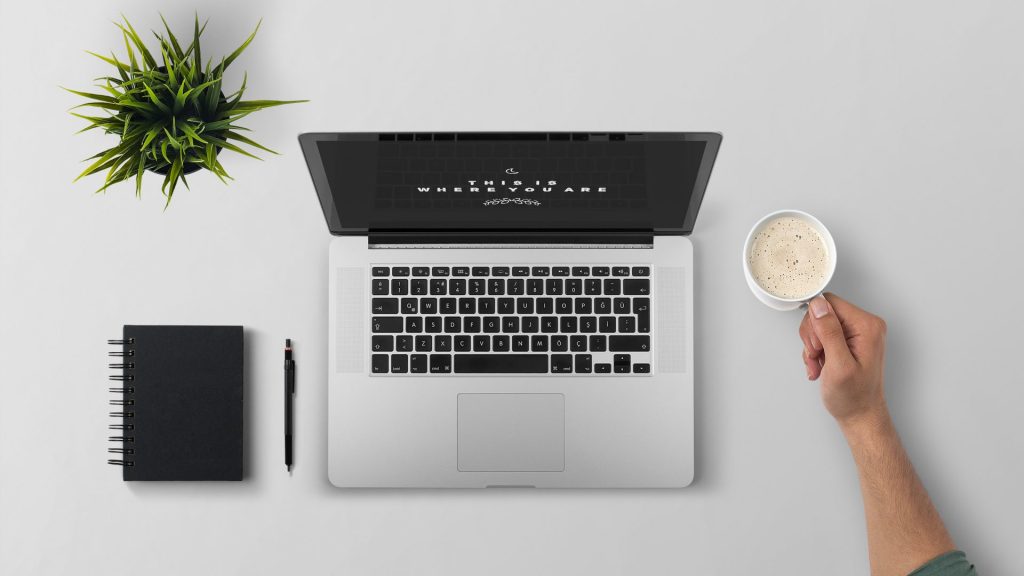
Organised home office
Step 1 – Set up a filing system
I recommend at the beginning of each financial year to set up your filing system. It could be as simple as a box. I like to use a 2 ring binder with labeled dividers for each category. Don’t forget to label your storage system or file with the relevant financial year i.e. 2016 – 2017.
Step 2 – Divide your paperwork into categories
The first step in keeping your bills and paperwork organised is to categorise the types of paperwork you have. For example, you might like to use some of the following categories: Bank accounts, including credit cards, Superannuation, Rental property, Share statements, Tax, School, Utilities, Car Expenses and Medical. Once you have set up these categories you can file accordingly. You don’t need to have lots of categories either. Just keep it simple and it will be much quicker and easier to use.
Step 3 – Go paperless
A great way to reduce clutter and papers in your office is to go paperless. It’s easy to set up to. You simply contact your bank and other companies such as your utility providers and ask them to email you your bills. Then, you can save the documents on your computer. However, just like having a hard copy filing system, you need to set up a filing structure and system on your computer. You might have a main folder called: 2016_2107 Fin Year (for the relevant financial year) then create a range of subcategories as mentioned above. If you don’t set up subcategories, then just like piles of paper sitting on your desk, it becomes messy and you can waste time looking for documents. Going paperless will definitely help reduce the paper and clutter in your office. However, it’s essential that you regularly back up your computer because if it was damaged, lost or stolen then there goes all your paperwork which you will need for your tax.
Step 4 – File it
A filing system is only good if you use it. Get into the habit of filing your bills once they have been paid. You might like to set up a system where you file all your paid bills on the last day of every month, or perhaps every Sunday night. Whatever it is, just ensure that you set some time aside and file all your paperwork. That way, when next year’s tax time comes around, you will be all organised for your accountant. Or, if you are doing your own tax, then you will have all the information you need organised in one place.
Office paperwork organised in 4 steps
It’s not long now till the end of financial year, so get motivated, set some time aside and organise your office. If you need help getting your home, life or office organised, then contact us. Based in Melbourne and assisting clients in Melbourne, Sydney, Brisbane and Perth, The Lifestylers Group provides professional organising, decluttering and office organising (for both the home office and small business).
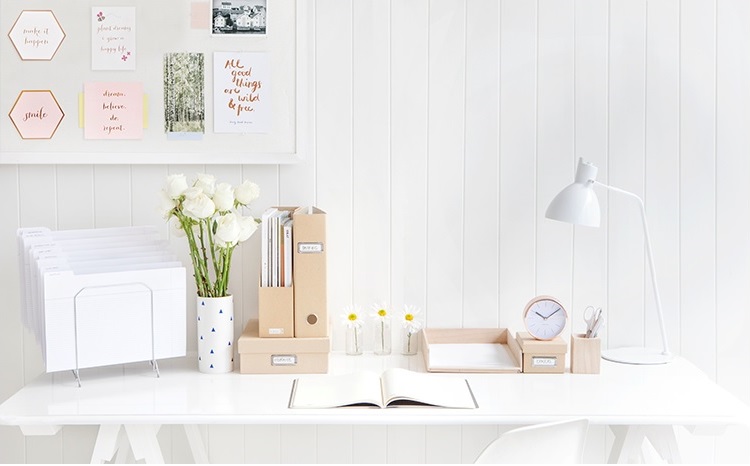
by Natalie Morey | Jun 8, 2016 | Declutter tips, Home Office, Home Organisation, Office Organising, Tips
This month it’s all about gorgeous home office storage ideas and looks. Forget drab and go for some of these fab storage ideas and products for your home office. In no time you will have a super stylish and functional office space that will actually inspire you to want to spend time in there. Then, there will be no excuse to get all your paper work sorted for the tax man.
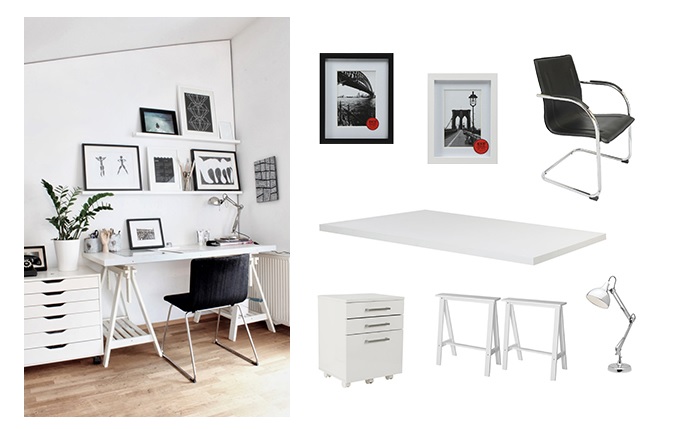
Home office organising and storage – Image credit: Officeworks
A light, bright and white home office
This white trestle desk is definitely the statement piece in this minimalist workspace. Achieve the look with this customisable trestle desktop and legs for less than $100. Love it all? All the furniture, the lamp, and the photo frame packs come in at $658 from Officeworks.
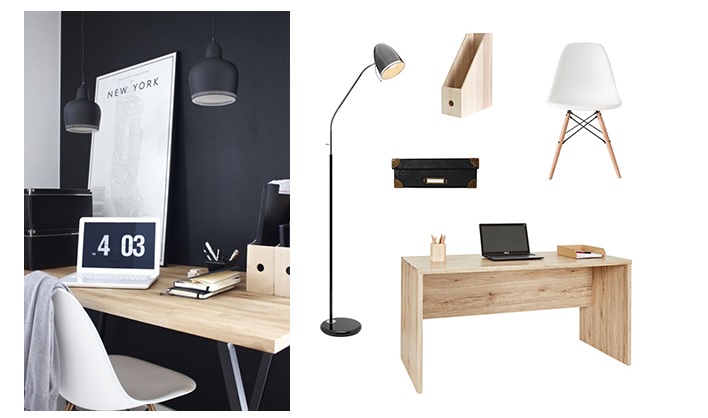
The perfectly organised home office -Image credit: Office Works
A bold home office space
A black workspace is a bold move, but it definitely sets a get-it-done attitude. The floor lamps will bring much needed brightness to this space and are a great affordable alternative to pendant lights, which require installation by a qualified electrician. Opting for wood-look furniture will not only add light and warmth, but will keep your budget in check.
Using these picks, you could create the look for $385 – which includes two each of the light oak magazine files and vintage document boxes.

Classic white home office – Image credit: Kikki-k
Go for the classic uncluttered look
As a professional organiser, I just love this look from Kikki-k. Its uncluttered and functional. You could also easily add a single draw filing cabinet under the desk to give you some more storage space if required. You could also add some pops of colour by changing the colour of the storage product that’s sitting on the desk.
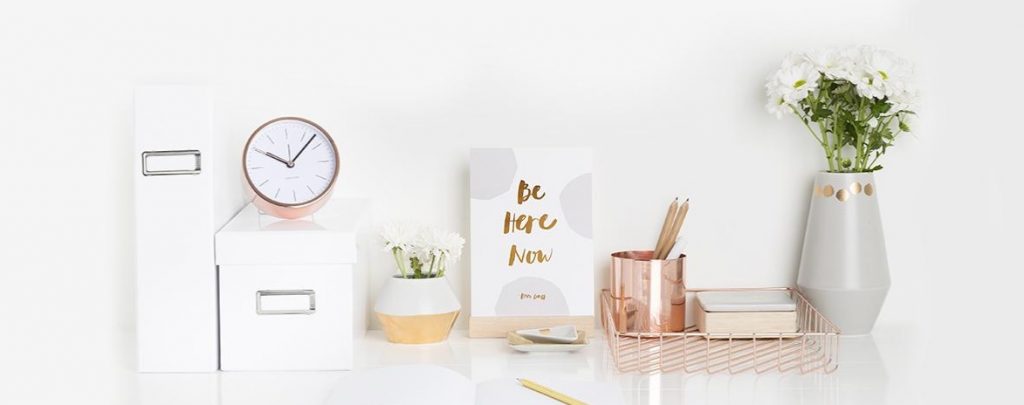
Home office storage
Gorgeous home office storage ideas
Check out these storage ideas from Kikki-k. They will help keep your desk uncluttered and organised and they look great too.
Based in Melbourne and assisting clients in Melbourne, Sydney, Brisbane and Perth, The Lifestylers Group is a professional organising service that helps people organise there homes, home offices and lives. With over 10 years experience, we have seen it all before. We have lots of practical tips and advise that we share with our clients to organise there office or home office.

by Natalie Morey | Jun 3, 2016 | Home Organisation
I have met Peter Walsh a number of times and have heard him speak on all things decluttering and organising. It’s great to see an Aussie be so successful in the USA especially on a topic that I am so passionate about also. He is a lovely, down to earth guy who has some very practical tips to help you declutter and get organised. Decluttering the Peter Walsh way is fun and an easy process. After watching him on the Living Room, it got me inspired so I have included a couple of my favourite Peter Walsh declutter tips below. I hope you find them useful too.
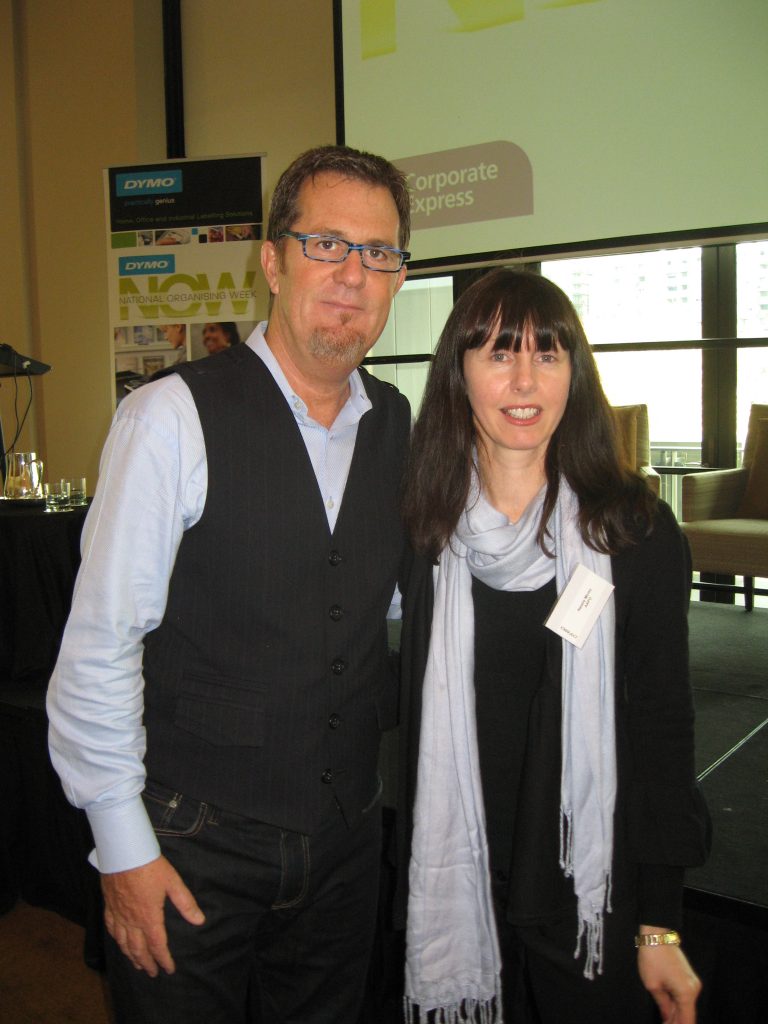
Peter Walsh with Natalie Morey, Professional Organiser, The Lifestylers Group
He once said that “the secret to successful decluttering is this: you’ll never get organized if you don’t have a vision for the life you want”. This is so true. People have got to want to change the way they do things. They need to have a goal in mind about how they want that space to work. When I start working with a client, I get them to stand in the room and tell me how they would like to see it. It helps them develop a vision and get them motivated for the declutter process.
Another point that I think is really important to mention is that a large portion of why people need help to declutter and get organised is that they have developed bad habits. The kitchen table becomes the dumping ground for your bag, the mail and anything else you bring into the house. That pile of newspapers sits on the bench because you plan to read them at some point. When we do a declutter session with our clients we spend some time talking about this, because it’s important that people start to identify how and why the clutter is building up in their home.
Decluttering the Peter Walsh Way – The Linen Press
I love Peter Walsh’s brilliantly simple linen system. To store his white sheets, he the folds fitted sheet, top sheet, and extra pillowcases inside a pillowcase of the same set. Needless to say, he never has to ransack his linen press for an elusive match.
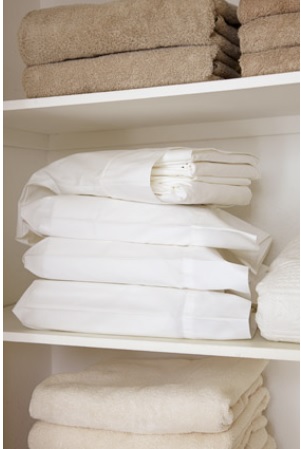
Decluttering a Linen Press
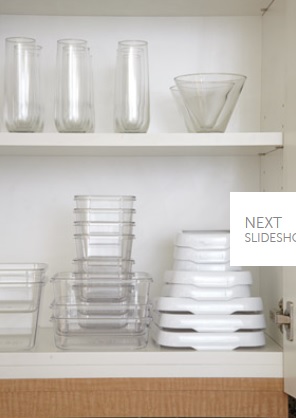
Decluttering the Kitchen
Image Credit: Photo: David Tsay
Decluttering the Peter Walsh Way – Plastic Food Storage Containers
To avoid accumulating a draw full of mismatched plastic containers in ten colours, Peter Walsh uses just one brand of food storage container so lids will always fit. He stacks just a few sizes in a cabinet for easy access.
However, if you don’t want to have the cost of replacing all of your plastic containers at once start with this declutter tip. It’s one of the first things I do when I am decluttering plastic containers in a client’s kitchen. Match up all the containers and get rid of any that don’t have any lids. I cannot tell you how many times I find tones of missing lids in client’s homes. They clutter up the cupboard and just get moved from one spot to another, because you can never find the matching lid. Once you have done this, stack them neatly inside each other to save space.

Decluttering your wardrobe
Decluttering the Peter Walsh Way – Wardrobe Decluttering: Reverse Coat Hanger Trick
Turn all the clothes hanging in your wardrobe so that the hangers face back-to-front. For the next six months, if you wear an item of clothing, return it to the wardrobe with the hanger facing the correct way. If you try it on but decide not to wear it, make sure you put it back with the hanger turned backward. No cheating. Be prepared for a shock; you are going to find you own lots of clothes you never wear. You should seriously consider decluttering and getting rid of anything you don’t wear regularly.
I love this quote by Peter Walsh: “Set limits for the amount of space you’re prepared to dedicate to items i.e. clothes, toys etc. – and stick to those limits. Three bins for toys, four shelves for baby cloths. Kids only need you, not all the stuff you feel attracted to”.
Keeping toys organised is a big problem many of our clients face. I am a big believer of the principal “one in” “one out” when it comes to containing the amount of “stuff” you have . So next time your child is given a toy, select an existing toy that you can donate to charity and know that you will be giving it to a child less fortunate than yours.
If you need help with your decluttering and home organising, then contact The Lifestylers Group. Based in Melbourne, we are experts at helping people to declutter and organise their homes, lives and houses.

by Natalie Morey | May 25, 2016 | Home Organisation, Personal concierge, Tips
Are you always busy and always playing catch up? Do you wish that you could be more organised? Is there never enough hours in the day, to get everything done?
Don’t say you don’t have enough time. You have exactly the same number of hours every day. You cannot change that, but what you can change is how you use your time throughout the day.
Tips To Stop the Busyness and Get You Organised
Here’s a few tips to help get you organised and “get the most” out of your day.
- Use Sunday morning to prepare for the week ahead and map out a weekly plan listing everything that is happening. Kid’s activities, personal appointments and important dates should all be included on your list. Include a meal plan for the week noting down what’s for dinner every night. It is so much easier when you get to Thursday and you know exactly what you’re having for dinner.
- Write a list the night before you go to bed or leave work and include everything you need to do the next day. Then prioritise that list with the most important things at the top of the list.
- Don’t become overwhelmed by what you have to do. One of the fastest ways to overwhelm yourself is to think about your massive to-do list. Realise that no amount of thought will make it any shorter. Just start working your way through it.
- Complete the most important tasks first. It’s a great feeling when you can tick off a few tasks from your to do list.
- Learn to say “no”. Sometimes we just take on too much and you need to say “no”. Try it, you might be surprised at the impact it can have on your day.
- Sleep at least 7-8 hours every night. Some people think sacrificing sleep is a good way to increase productivity and get a couple of extra hours out of the day. However, this is not the case as most people need 7-8 hours of sleep for their bodies and minds to function optimally. You know if you’re getting enough. Listen to your body, and don’t underestimate the value of having enough sleep to ensure you have a productive day.
- Devote your entire focus to the task at hand (or what’s on your list). There is lots of research out there now to indicate that multi-tasking may not be as efficient as we all first though.
- Work smarter not harder. The old adage, “work smarter, not harder” is so true. Sometimes though, we are so busy on the merry go round of life that we simply don’t have time to stop and think about what we are doing, or if it can be done better. Managing your time isn’t about squeezing as many tasks into your day as possible. It’s about simplifying how you work, doing things faster and relieving stress.
- Ask yourself, can I outsource any of the tasks on my to do list? Would getting a cleaner free up a few extra hours that I could spend with my family or friends. Do I spend way too much time trying to “find” stuff in my wardrobe or home office? Do I need to get some systems and procedures in my life or home? Perhaps a session with a professional organiser might help to get your organised. Working smarter is about clearing away space in your life to make time for people, play, and rest. I promise you — there really are enough hours in a day for everything you’d like to do, but it may take a bit of rearranging to find them.
The Lifestylers Group offers a personal concierge and professional organising service in Melbourne, Sydney, Brisbane and Perth.
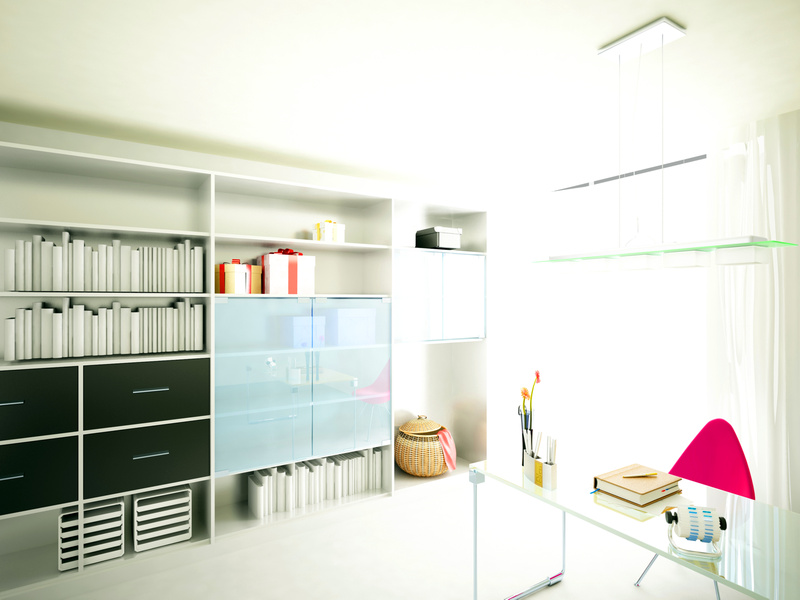
by Natalie Morey | May 19, 2016 | Declutter tips, Home Office, Home Organisation, Office Organising, Tips
Clutter are things that you no longer use or love and it’s also those items that start to effect the way you run your house or life because they start to build up and take over the space. I’m sure that if I asked the question, most people would say that I have clutter in my house.
Clutter in my house
I believe that there are two main types of clutter. Emotional clutter and physical clutter. Both of these types of clutter have an impact on your life. In this blog, I am going to concentration on the physical clutter in your home and home office.
Clutter in your house is:
- All those odd socks that are still in your draw – but clearly you are never going to wear
- The broken TV or printer.
- The piles of unopened junk mail and old newspapers.
- All those plastic butter containers or jam jars that might come in useful one day.
- All the piles of papers on your desk or office floor
- Expired medicine in your bathroom
- Things that might be broken but (for sentimental reasons) you cannot throw it out (even though it can be no longer used)
- The boxes of stuff that have not been unpacked from your recent house move, because there is no space for them
- The junk mail that you collected from the mail box. (You know it’s just junk mail, but you still bring it inside, telling yourselves – I will read that later)
- The things that remind you of a difficult time in your life.
- The things you liked ten years ago but your tastes have changed.
- Those shoes that you wore once but can’t bear to part with because you paid $300 for them!
We all have clutter in our house. Some people just have more clutter than others and as a result don’t know what to do with it.
Clutter in my house becomes a problem when:
- You run out of room
- When there is “stuff” sitting on benchtops or on the floor
- You feel frustrated at the state of your own home or home office
- It takes you an extra 15 minutes in the morning to get ready, because you cannot find anything to wear
- When you cannot find things.
- When you pay a bill late because you misplaced the invoice.
- You don’t want to invite friends over because of what your house looks like
- You buy duplicate items because you could not find the original one.
What stops people from clearing the clutter?
The key thing that stops people from dealing with their clutter is:
- Procrastination
- Feeling whelmed and not knowing where to begin.
Did you know that on average we use 20% of our possessions 80% of the time? Now that is a lot of clutter that is not being used at any one time. So that is something to consider when the clutter starts building up in your home, wardrobe, kitchen or home office.
Clutter in my house
For tips on help you clear the clutter click here.
If you need help to clear the clutter in your home then contact The Lifestylers Group. We are experts at helping people to clear the clutter and reclaim your home and life. We have a team of trained professional organisers, all of whom specialise in different areas of the home. They are experienced, discrete and love helping people clear the clutter.















